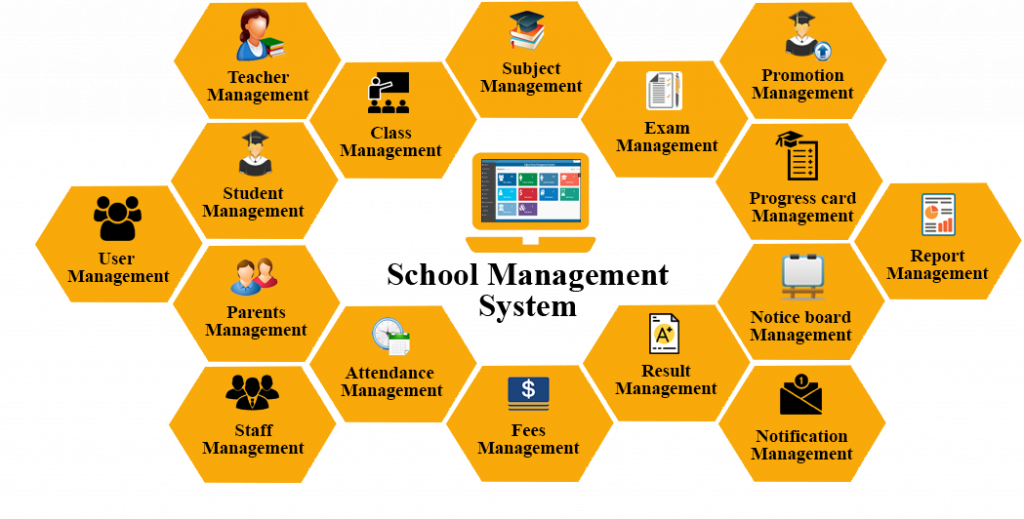
In today’s fast-paced educational environment, schools are continuously seeking ways to improve efficiency and enhance the overall experience for students, parents, and staff. One of the most effective solutions is implementing a comprehensive school management system. Such systems streamline various administrative and academic processes, offering numerous advantages. Here’s a closer look at why an integrated school management system is beneficial.
Streamlined Student Management
An integrated school management system simplifies student administration by consolidating data in one place. This includes enrollment, attendance, grades, and behavior records. Teachers and administrators can easily access and update information, reducing paperwork and administrative burden. This centralization ensures that student data is accurate and up-to-date, enhancing decision-making and personalized education strategies.
Efficient Expense Management
Managing a school’s finances can be complex, involving budgets, salaries, and operational costs. A school management system automates many financial processes, from tracking expenses to generating financial reports. This automation reduces errors, saves time, and provides clear insights into the school’s financial health, aiding in better resource allocation and financial planning.
Improved Cafeteria Management
Managing school meals and cafeteria operations becomes seamless with a school management system. These systems can handle meal planning, dietary restrictions, and payment processing. Parents can pre-order and pay for meals online, while the school ensures that students receive the correct meals, promoting efficiency and satisfaction.
Enhanced Teacher Management
Teacher administration is another critical area that benefits from an integrated system. From recruitment to payroll and performance tracking, the system can manage all aspects of teacher employment. This ensures that teacher records are maintained accurately and that performance assessments are streamlined, contributing to a motivated and effective teaching staff.

Simplified Trip Organization
Organizing school trips can be a logistical challenge. A school management system can streamline the process by handling permissions, payments, and itineraries. Parents can easily provide consent and make payments online, while teachers can manage attendance and emergency contact information, ensuring a safe and organized trip experience for everyone involved.
Effective Communication with Parents
Communication between schools and parents is crucial for student success. Integrated systems offer various tools for effective communication, including messaging platforms, email notifications, and parent portals. These features ensure that parents are always informed about their child’s progress, school events, and important announcements, fostering a collaborative educational environment.
Professional Website and Social Media Management
In the digital age, maintaining a professional online presence is vital for schools. Integrated systems often include website management tools that make it easy to update content, post news, and manage events. Additionally, social media integration helps schools engage with their community, share achievements, and promote events, enhancing the school’s visibility and reputation.
Conclusion
Investing in a comprehensive school management system offers numerous advantages, from streamlined administrative processes to enhanced communication and financial management. By adopting such systems, schools can create a more efficient, transparent, and engaging educational environment, ultimately benefiting students, parents, and staff alike.
Implementing an integrated school management system is a strategic move that can transform how a school operates, ensuring it meets the demands of modern education while providing an exceptional experience for its community.

